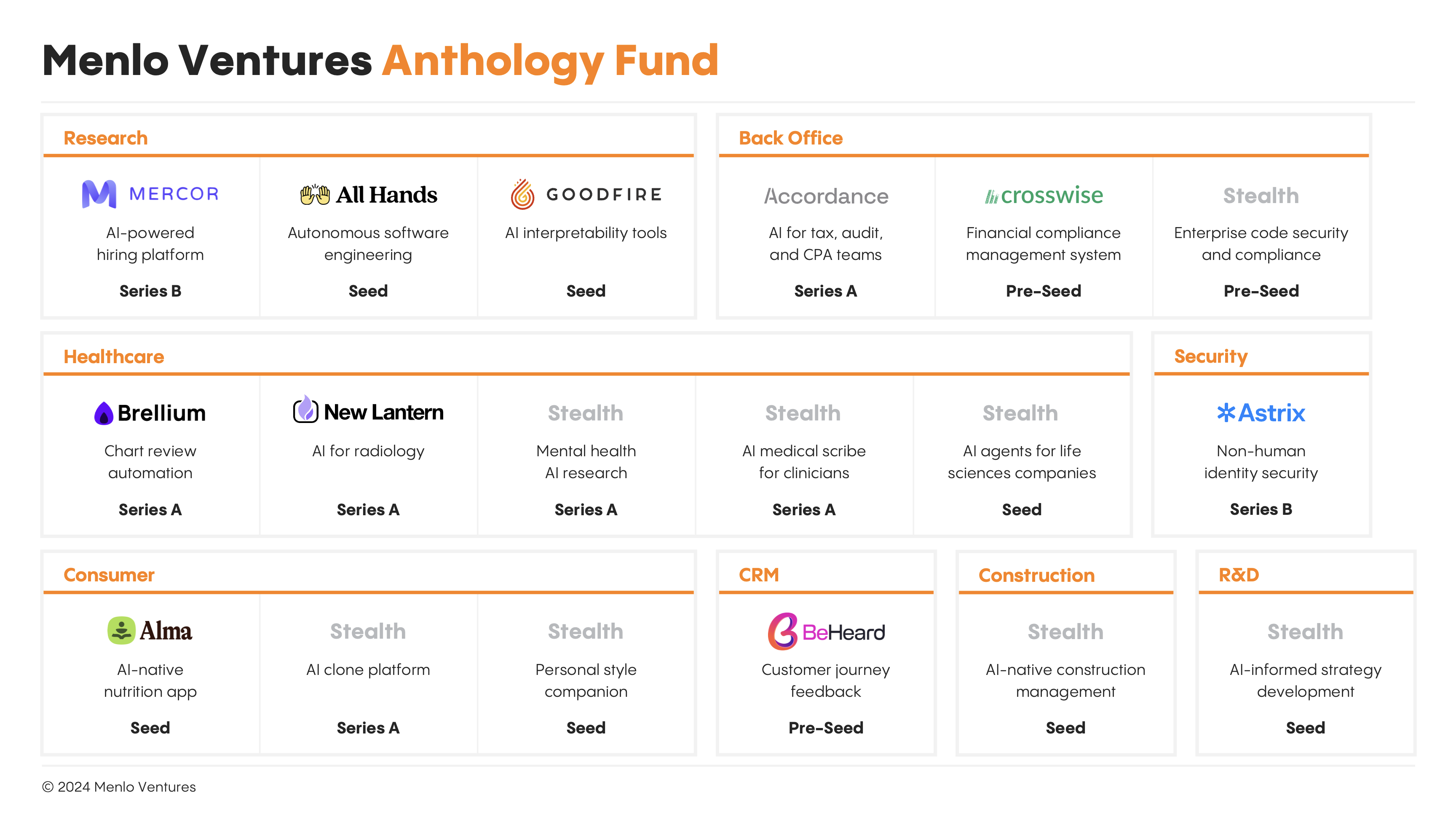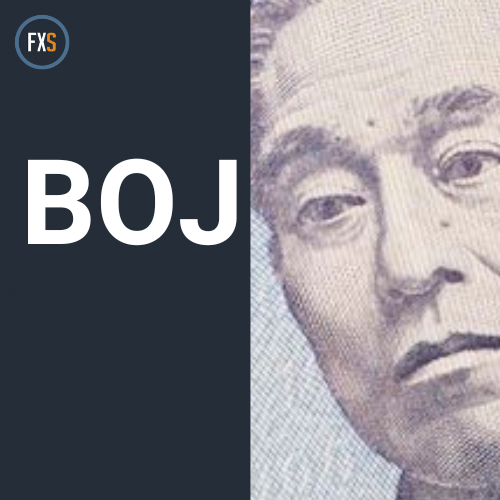A recent study published in The American Journal of Clinical Nutrition explored the effects of cinnamon spice on blood glucose levels when added to regular meals. The study conducted a 12-week-long randomized, controlled, double-blind, crossover trial and found that taking just 4 g of cinnamon supplements daily for four weeks significantly reduced blood glucose concentrations in obese and overweight individuals at risk for diabetes.
The study indicated that the gut microbiome may play a significant role in the association between cinnamon and glucose metabolism. This suggests potential health benefits of cinnamon and other polyphenol-rich spices in preventing chronic diseases and improving overall public health.
Cinnamon, a spice derived from the inner bark of certain Cinnamomum genus tree species, has been historically used in various global cultures for its aromatic properties and, to a lesser extent, for its potential antimicrobial, anti-inflammatory, and food-preserving qualities.
Cinnamon has been studied for its potential health benefits due to its high polyphenol content, which is thought to improve glucose metabolism and homeostasis. However, previous research has produced conflicting results, with some studies showing benefits for glucose regulation and others showing no such association. The varying results of previous studies suggest a need for further research comparing cinnamon with a placebo in a clinical setting to clarify the potential benefits of the spice.
The study involved a randomized, controlled, double-blinded crossover trial that included a 2-week run-in phase and four weeks of intervention with either cinnamon supplementation or a placebo. The participants were adults aged 18 and older who were clinically diagnosed as obese or overweight.
Before the intervention, the participants underwent metabolic screening and glycated hemoglobin assessment to establish baseline readings and ensure they were not consuming a diet high in polyphenols. The participants were then assigned to either the cinnamon supplementation group or the placebo group, followed by the run-in phase, during which they consumed low polyphenol-containing beige diets and abstained from cinnamon and its products.
During the four-week intervention, the participants received four grams of cinnamon or an equivalent placebo daily in the form of 32 cinnamon capsules. Their daily food intake and compliance with the dietary requirements were monitored. Continuous glucose monitoring (CGM) was conducted using an Abbott Diabetes Care flash system, and any reported discomfort, especially digestive or abdominal issues, was documented and reported.
In addition to CGM, oral glucose tolerance testing (OGTT) was performed using an indwelling catheter inserted into the participants’ forearms to assess the real-world benefits of cinnamon supplementation when consumed as part of a meal.
The findings of the study showed that the peak glucose values decreased significantly in the group receiving cinnamon compared to the control group. This difference remained significant even after adjusting for various factors such as age, sex, and baseline glucose levels. The OGTT results also indicated a substantial increase in area under the curve (AUC) values in the cinnamon group by the end of the study compared to baseline readings at the start of the study.
The study concluded that cinnamon supplementation substantially reduced fasting blood glucose levels in overweight individuals at risk for diabetes. While there was no notable difference in postprandial glucose and insulin concentrations between the groups, the trends in glucose modulation, particularly AUC values, were more favorable in the group receiving cinnamon. The study suggests that consuming as little as 4 g of cinnamon with daily meals may improve prediabetes status and reduce diabetes risk in overweight individuals.














